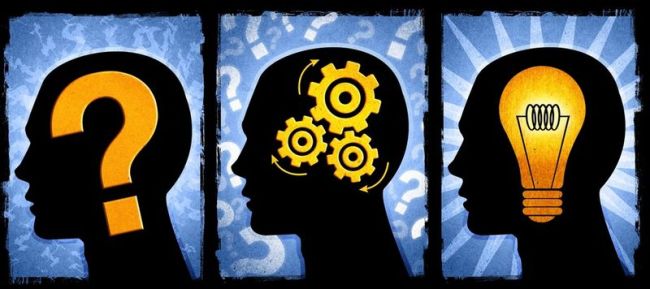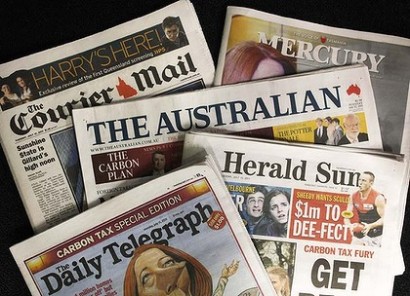
How many voices can really be heard when everyone is screaming? To be metaphoric: If so many people are looking to throw into the mix, their own ingredients, surely the concoction will become a monumental mess!
This is just one of the problems we are facing with the development and increasing expansion of the internet. The possibilities for conversations, interactions and feedback are growing with the Public Sphere now being located online; a world that cannot be controlled by what is ‘socially acceptable’.
I witnessed online, the abuse of a mother who had lost her son. His picture was displayed in the missing persons social network archive. While she grieved, there were those who chose to comment in ways that were not necessary, considering the seriousness of the situation.
This is happening more and more as we become ‘pro’sumers, believing our content to be valid, authentic and worthy of publicity (Martin 2012). We give feedback on national matters and publicly debate social issues. How much of such debates can be heard with so many voices and no regulation?
Other issues we are facing include trolling, spamming, invasions of privacy, security and bullying, to name a few. These issues must be addressed so as to prevent an anarchical and unleashed public sphere.
And yet, “The fight for control of the borderless expanse of cyberspace has been compared by some to the historic dispute over the rule of the ocean (Halliday 2012).”
I guess we need to learn to regulate ourselves so that what we create online is at the very least, civilised. Increased education for youth may also provide a means by which the madness of the crowds’ may be diluted (Martin 2012). Finally, there is a certain amount of control that owners of social media sites may execute, should the need arise. For example, if a feedback forum for an article is becoming too disorderly, owners of the site should possess the right remove comments that are threatening to the integrity of the organisation.
References
Martin, F 2012, ‘Vox Populi, Vox Dei: ABC Online and the risks of dialogic interaction’ in Histories of Public Service Broadcasters on the Web, editors N, Brugger and M., Burns. New York: Peter Lang
Halliday, J 2012, ‘Free speech haven or lawless cesspool – can the internet be civilised?’, The Guardian, 19 April





